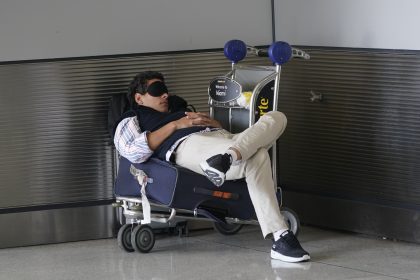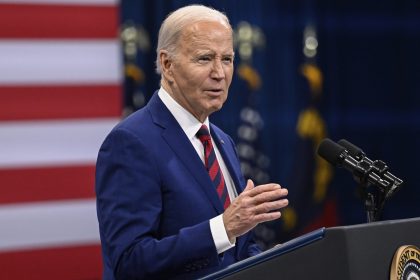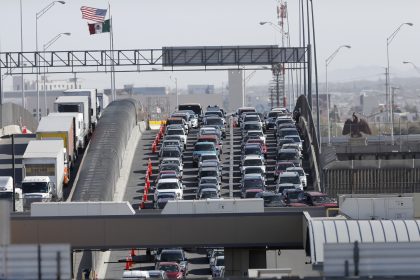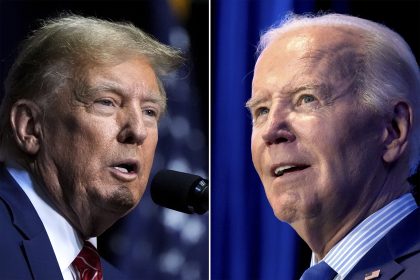‘K-Shaped’ COVID-19 Recovery Deepens Economic Disparity
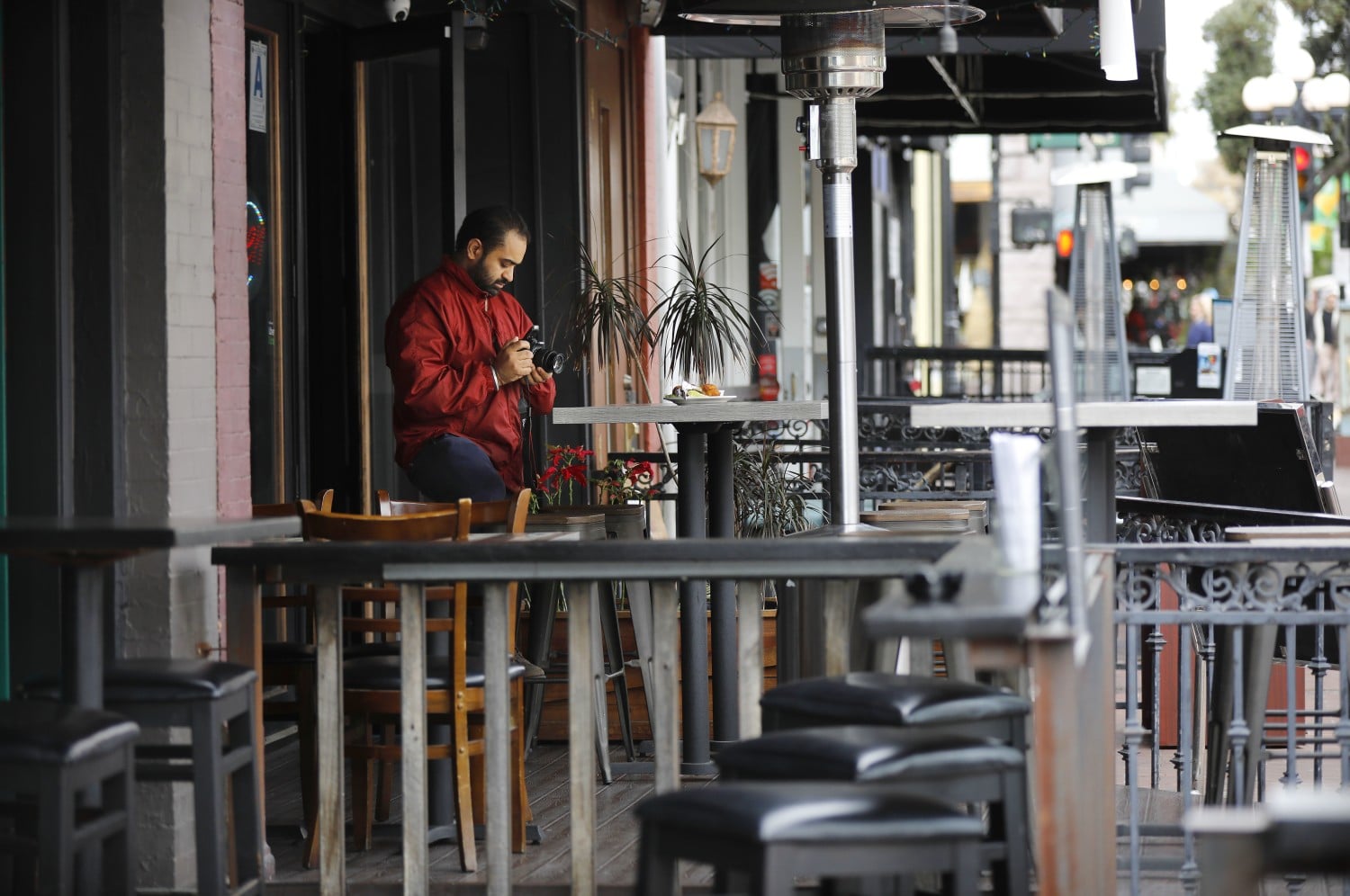
While the onset of the novel coronavirus pandemic has had drastic ramifications for the United States’ economy, its toll has been unevenly harsh for the country’s poorest citizens.
Following a recession, a “K-shaped recovery” occurs when different segments of the economy recuperate at different rates, times, or immensities, according to Investopedia. Typically, following a recession, one can expect to see a V-shaped or U-shaped recovery signaling the trajectory of “economy-wide” variables, like total employment or Gross Domestic Product.
This is not the case in a K-shaped recovery. In this scenario, the trajectory of “disaggregated economic variables” splinters off from one another, depicting uneven paths of economic recovery.
Certain industry sectors — such as transportation, food service and entertainment — have been more deeply impacted by the COVID-19 pandemic. Although parts of the economy are stabilizing roughly one year after restrictions were put in the place, low-wage workers and people of color are statistically being affected at higher rates.
Since March 2020, 53% of American households report experiencing some form of income loss, according to polling analysis from the Associated Press-NORC Center for Public Affairs Research. The reasons for this loss of income stem from lay-offs, wage reductions, unpaid leave or having hours cut due to pandemic restrictions.
The AP-NORC poll was conducted among 1,434 Americans aged 18 or older from Feb. 25 to March 1 utilizing samples drawn from NORC’s probability-based AmeriSpeak Panel. This sampling was designed to be representative of the total U.S. population with a margin of error of plus or minus 3.4 percentage points.
Roughly 60% of Hispanic Americans and 51% of Black Americans indicated their household has experienced employment changes, according to the poll. Forty-two percent of White Americans reported employment changes because of the pandemic, a significantly smaller margin.
Employment changes within their households have caused “major impacts” on the financial situations of 45% of Black and Hispanic households, respectively. About 27% of White Americans, however, reported similar impacts on their financial situations following employment changes.
This contrast in experiences is seen within a multitude of other metrics, with 42% of Hispanic Americans and 40% of Black Americans reporting they have been unable to pay some bills in the past month. Only 17% of White Americans reported experiencing the same difficulties.
In the last year, 38% of Hispanic Americans and 29% of Black Americans reported experiencing a layoff in their household at some point in the last year. As with employment changes, White Americans have fared comparatively better in this metric with 21% reporting a layoff in their household this past year.
Since the beginning of March 2020, 15% of Americans have started a new job and 12% have undertaken an entirely new profession. Consequently, 17% received unemployment benefits in the last month.
Sixty-seven percent of respondents indicated their recent financial situation was “poor,” while 32% indicated it was “good.” Before COVID-19 was declared a national pandemic, 69% of surveyed respondents indicated their financial situation was good.
Although vaccine campaigns have slowly allowed pandemic restrictions to be lifted and caused some businesses to bounce back, others are still relying on initiatives like the Paycheck Protection Program or federal unemployment benefits to make ends meet.
As roughly 18 million Americans remain on the unemployment rolls, another 745,000 filed for unemployment benefits during the week of Feb. 22, according to Department of Labor statistics.
Reasons for cautious optimism persist despite the country’s overall weak job market, according to CNN’s “Back-to-Normal” index. Eighty-three percent of the economy is back to operating as it was prior to the pandemic, with all 50 states improving last week under the index.
While the month of March marks the one-year anniversary of a wave of economic woes due to the pandemic, it may also prove to be the turning point in the nation’s return to normalcy.



















